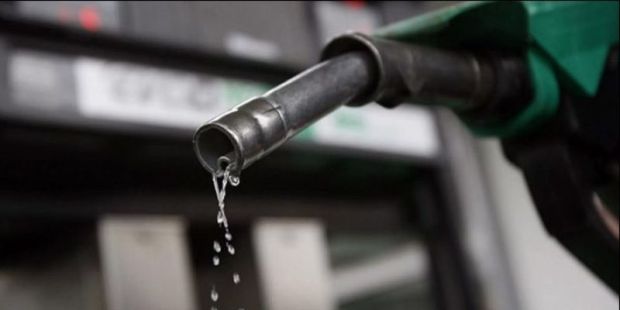COLOMBO– A fuel prices stabilization account, which was linked to a fund set up with printed money to fix oil prices according to an election promise given by the current administration to jettison a price formula, had a Rs 26 billion gap by the end of 2020, official data show.
Policymakers of the current administration, who slammed market pricing of fuel in 2018, set up the fund as a key part of an economic strategy to provide oil at fixed prices.
In Sri Lanka petrol is generally sold at around twice the import price with excise and other taxes imposed.
An import tax surcharge was put on fuel when petroleum prices fell to around US$ 25 a barrel, the Ministry of Finance said.
“During 2020, the Fuel Price Stabilization Fund (FPSF) was established, to transmit the gains arisen from the dip in the global oil prices,” it said, adding that the surcharge was removed with the oil prices moving upwards again.”
Economists and analysts have advocated market pricing of oil to exactly match domestic consumption with the balance of payments.
Rupee loans taken from State banks by energy utilities in the past had led to currency collapses because the central bank usually prints money as it is unwilling to allow short term rates to move up to maintain monetary stability.
Market pricing of fuel allows the central bank to maintain its policy rate without printing money and avoid a currency crisis.
Ironically however, the Fuel Price Stabilization Fund was set up with Rs 50 billion of printed money (central bank credit) which could potentially lead to a reserve loss of around US$ 275 million when spent in the domestic economy.
“The Fuel Price Stabilization Fund was established with a view to ensuring equitable distribution of the benefits of the unusual decline in international oil prices across the economy, rather than revising domestic fuel prices,” the central bank said.
“Accordingly, the Fund was established with an initial capital of Rs 50 billion by issuing Treasury bills (on face value basis) to the Central Bank on March 23, 2020.
“The FPSF was partly utilized to settle the dues of the Ceylon Electricity Board (CEB) to the Ceylon Petroleum Corporation (CPC) during 2020, and the fund recorded a balance of Rs. 379.1 million at the end of 2020.”
However, according to finance ministry data the account of the Fund was a negative Rs 26.673 billion by end December 2020.
At least Rs 48 billion was given to the CEB, which in turn had repaid the CPC with the money.
How the account of the Fund was negative by Rs 26 billion at the end of 2020 or whether it was overdrawn or part of the initial contribution set-off is not clear.
-economynext.com


